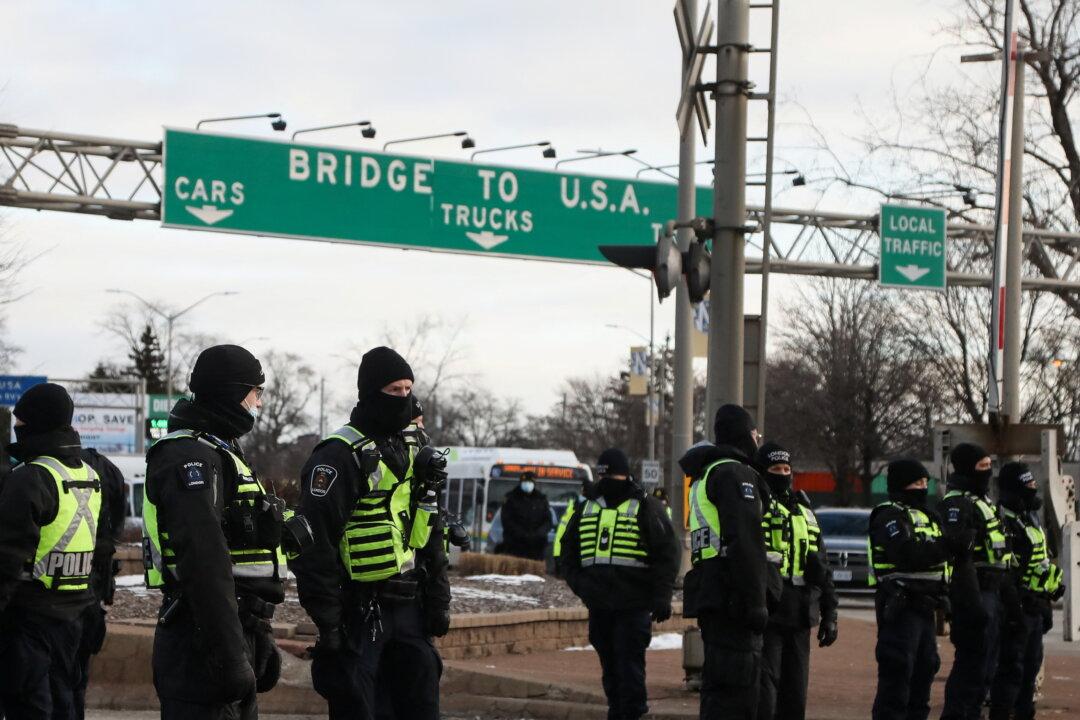A civil liberties advocacy group says that “economic harm” is not grounds to declare a national emergency, in reaction to Deputy Prime Minister Chrystia Freeland’s testimony at the Emergencies Act inquiry on Nov. 24.
“The Emergencies Act and the CSIS act do not contemplate economic harm as a national emergency,” said Cara Zwibel of the Canadian Civil Liberties Association (CCLA) in a statement.





